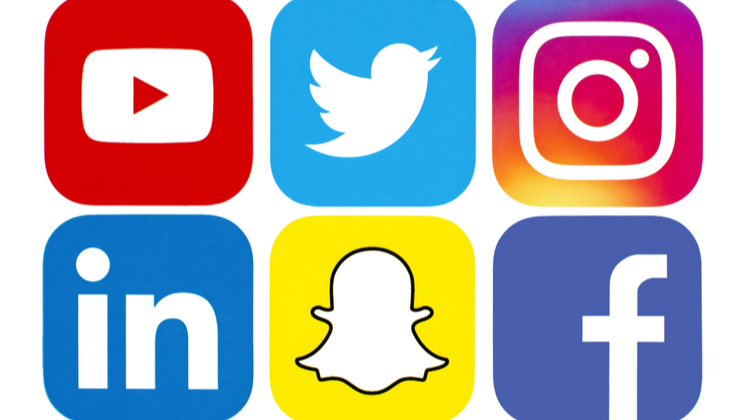
Photo Credit: Shutterstock
Scientific studies continue to circulate suggesting that prolonged social media usage has a good chance of interfering with your sleep, lowering your self-esteem, and reducing your overall life satisfaction. That’s not good. Even worse, say some studies, the way that social media does this is so insidious that it’s almost impossible to stop this process once it starts.
The social media sadness trap
Just recently, it seemed like scientists were willing to classify social media usage as a unique form of addiction. According to this way of thinking, the constant stream of “likes” and “follows” on social media acting like tiny shots of dopamine. If you got enough of these likes and follows within a certain time period, you got a “dopamine high.” And so, of course, your brain encouraged you to do this again and again. This, then, set into motion a whole cycle of addiction. For that reason, people talked about going on a social media detox.
But now it appears that scientists have come up with a slightly more nuanced view of how social media affects the brain. At the root cause of social media-related sadness is a psychological phenomenon known as “dissociation.” This is a sort of dream-like state when you lose track of what’s happening around you. For example, you’re scrolling through your Instagram feed and you don’t realize that 30 minutes or more have passed. At which point you feel stupid for having wasted your time. This induces a form of self-loathing in which you realize that you are frittering away hours of each day and night on social media and doing nothing with your life. (Yikes!)
In fact, scientists even have a new trendy term to describe what’s happening: the “30-minute ick factor.” Typically, people will scroll through Facebook, Twitter or Instagram for about 30 minutes, desperately checking for something that’s new or interesting. Usually, after 30 minutes, though, they start to experience feelings of disgust and disappointment. Somehow, their life seems to be meaningless, and they may even have trouble sleeping that night. (Understood, we’ve all been there.)
Breaking out of the trap
So, how do we break out of the trap? There are a few ways you can do so, say psychologists. One of these is by tweaking your feeds so that you only see “custom lists” of content. For example, if you’re a big sports fan, you might tweak your feed so that you only consume sports content on a certain day. That way, you don’t start to get lost in that whole sensation of “dissociation.” You have a goal in mind – you want to see how your favorite team did, or you want to check on upcoming events. But you won’t get lost in mindless minutiae along the way.
The other trick that you can do is to trigger some kind of warning on your mobile device. Every 30 minutes, for example, you might set a warning message to say something like, “Hey big guy, that’s enough for today. It’s been 30 minutes, OK?” If you don’t have the mental fortitude to set this alarm yourself, see if there are any settings within your social media app to do this for you.
The endless scroll
At the end of the day, however, there may not be much that you can do to beat the phenomenon of the social media scroll. It was designed with one goal in mind – to be an endless, infinite source of new information in the world. There is no way to ever get fully caught up, no matter how small your social media circle might be. So maybe the best answer is to find some way to stay level-headed and “in the moment” as you read through each day’s social media updates as quickly as possible.